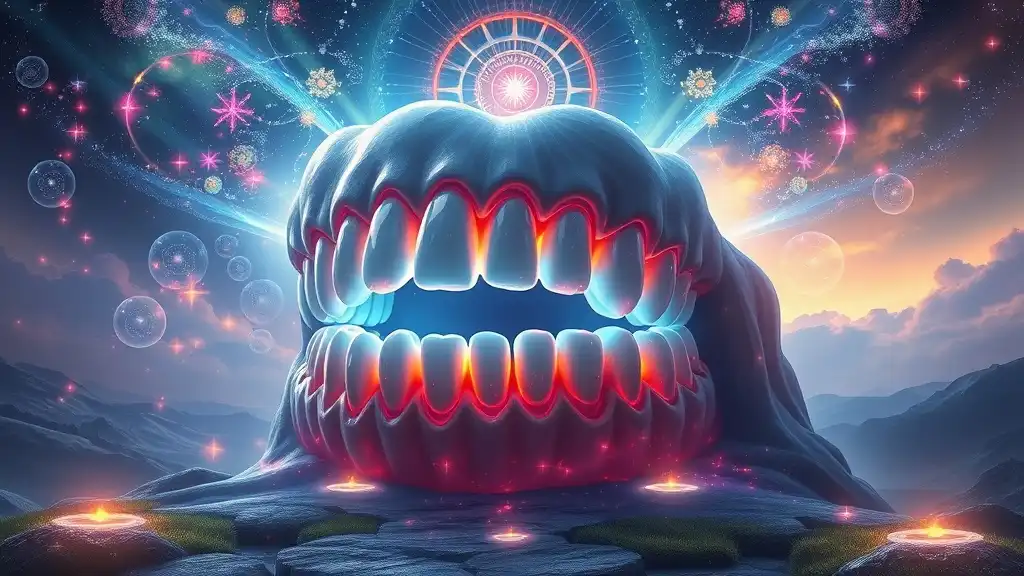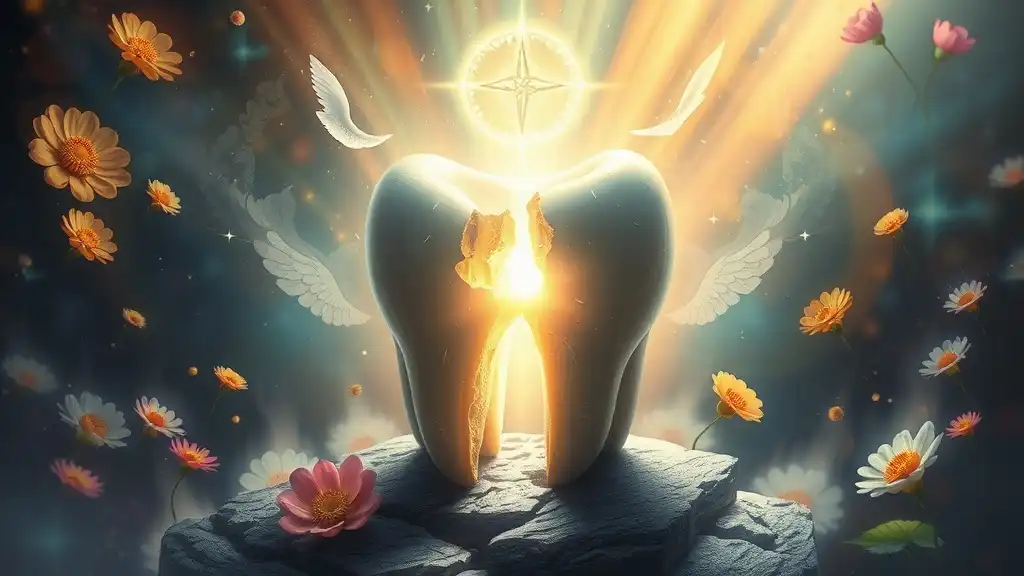Gap teeth, often seen as a unique physical trait, carry profound meanings in various cultural and spiritual contexts. While society may harbor mixed opinions, from admiration to stigmatization, understanding the spiritual implications can help individuals embrace their uniqueness.
Understanding Gap Teeth
Gap teeth, or diastema, refer to the space between two teeth, usually between the upper front two. This dental characteristic can be present in anyone and varies widely in size and visibility. While some see it as an imperfection, others perceive it as a symbol of beauty. The distinctiveness of gap teeth invites us to explore the deeper symbolism associated with this feature, transcending mere physical appearance.

Cultural Interpretations of Gap Teeth
Throughout history, gap teeth have been represented differently across cultures.
African cultures
In many African communities, gap teeth are celebrated and often viewed as a mark of beauty and good fortune. Some tribes even believe that individuals with gap teeth possess a unique charm and favorable destiny.
Western perspectives
In Western culture, the perception of gap teeth varies widely. Some may associate it with a youthful look or a certain quirky charm, as seen in famous personalities. However, media portrayals can also perpetuate standards of beauty that marginalize gap teeth, leading to mixed sentiments.
Asian interpretations
In certain Asian cultures, gap teeth are sometimes associated with particular personality traits, such as honesty or a jovial character. This perspective emphasizes the positive attributes that gap teeth can signify in social contexts.
The spiritual symbolism of gap teeth across these cultures showcases the diverse meanings attributed to physical traits and highlights the deep connections between our bodies and our identities.

The Spiritual Meaning of Gap Teeth
The spiritual significance of gap teeth extends far beyond physical appearance. They often symbolize individuality and uniqueness—a reminder that being different can be a powerful asset.
Openness in Life and Relationships: The literal space between teeth can represent openness in life; it is an invitation to embrace vulnerabilities and communicate authentically. Individuals with gap teeth may find themselves naturally inclined to foster deeper connections with others, demonstrating how differences can cultivate strength in relationships.
Good Luck and Fortune: Many cultures associate gap teeth with good luck. This belief encourages people to view their perceived imperfections as a source of positivity and fortune, reinforcing the idea that our physical traits contribute to our life journeys.

Gap Teeth and Personality Traits
People with gap teeth often exhibit distinctive personality traits that stem from their unique characteristics.
-
Creativity and Originality: Individuals with gap teeth are frequently more open to artistic expression and innovation. Many famous personalities, such as actors and musicians, proudly display their gap teeth, embodying their creativity. Their distinctiveness can amplify their artistic endeavors, setting them apart in their fields.
-
Open-mindedness and Adaptability: Having gap teeth can cultivate a mindset that embraces differences, promoting adaptability in social situations. Those with gap teeth are often perceived as approachable, inviting others to engage more freely.

The Psychological Aspect of Gap Teeth
The relationship between gap teeth and self-image is significant in modern society. For many, gap teeth can lead to feelings of insecurity or embarrassment in a world that often champions conventional beauty. Understanding the spiritual meaning behind gap teeth can help foster a positive self-image.
Embracing One’s Differences
The journey toward self-acceptance begins with recognizing the beauty in our differences. Embracing gap teeth as an integral part of one’s identity allows for deeper personal growth, shifting the narrative from imperfection to individuality. Engaging in conversations about body positivity can also encourage others to appreciate their unique traits.
The Role of Gap Teeth in Personal Growth
The presence of gap teeth can serve as a catalyst for self-reflection. Individuals who learn to accept their gap teeth often find that it helps them cultivate resilience and self-love. The journey of acceptance becomes a powerful testament to overcoming societal pressures and embracing one’s true self.

Spiritual Practices for Acceptance
Cultivating acceptance and love for one’s uniqueness can be achieved through various spiritual practices.
Affirmations and Positive Self-talk
Daily affirmations can reinforce one's self-worth. Phrases such as “I embrace my uniqueness” or “My gap teeth are a mark of my individuality” can help reshape how one views their appearance. By consistently affirming one’s strengths and beauty, individuals can develop a healthier self-image.
Meditation and Reflection
Engaging in meditation encourages self-reflection and deeper understanding of oneself. Sitting in silence and contemplating the significance of one’s features can bring clarity and acceptance. Focusing on feelings of gratitude for one's body can shift the perspective from insecurity to appreciation.
The concept of self-love and body positivity extends beyond just accepting physical traits; it encourages a holistic view of oneself, embracing both strengths and perceived flaws.

Conclusion
In summary, the spiritual significance of gap teeth transcends conventional beauty standards and societal perceptions. By understanding the deeper meanings associated with this unique trait, we can celebrate our individuality and the individuality of those around us. Embracing gap teeth allows us to foster a community of acceptance, reinforcing the idea that our differences are indeed our greatest strengths.



















